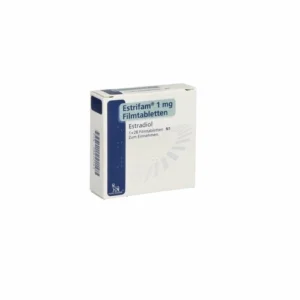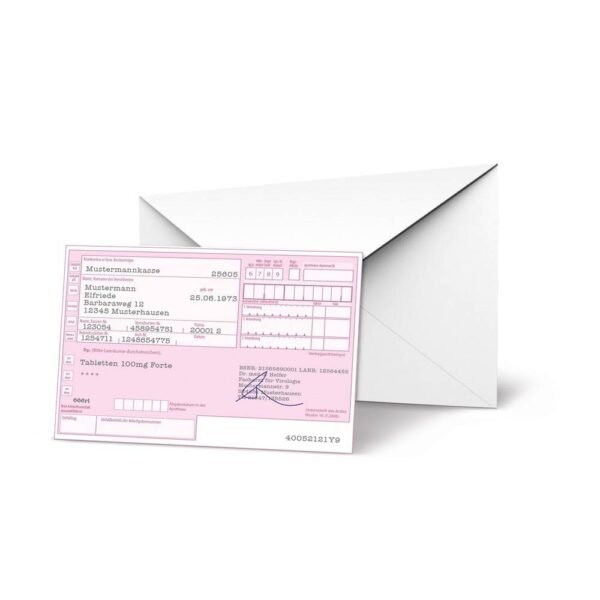Pharmacological action
The active substance of Utrozhestan® is progesterone, identical to the natural hormone of the corpus luteum of the ovary. By binding to receptors on the surface of target organ cells, it penetrates the nucleus, where it activates DNA and stimulates RNA synthesis.
Promotes the transition of the uterine mucosa from the proliferation phase caused by the follicular hormone estradiol to the secretory phase. After fertilization, it promotes the transition to a state necessary for the development of the fertilized egg. Reduces the excitability and contractility of the muscles of the uterus and fallopian tubes. Promotes the formation of normal endometrium. Stimulates the development of the terminal elements of the mammary gland, induces lactation.
By stimulating protein lipase, it increases fat reserves and improves glucose utilization. By increasing the concentration of basal and stimulated insulin, it promotes the accumulation of glycogen in the liver; increases the production of pituitary gonadotropic hormones; reduces azotemia, increases the excretion of nitrogen in the urine
Indications for the drug Utrozhestan®
Progesterone-deficient conditions in women:
oral route of administration:
threatened abortion or prevention of habitual abortion due to progesterone deficiency;
infertility due to luteal insufficiency;
premenstrual syndrome;
menstrual cycle disorders due to ovulation disorders or anovulation;
fibrocystic mastopathy;
menopausal transition period;
menopausal (replacement) hormone therapy (MHT) in peri- and postmenopause (in combination with estrogen-containing drugs).
vaginal route of administration:
MHT in case of progesterone deficiency with non-functioning (absent) ovaries (egg donation);
prevention (prophylaxis) of premature birth in women at risk (with shortening of the cervix and/or history of premature birth and/or premature rupture of membranes);
support of the luteal phase during preparation for in vitro fertilization;
support of the luteal phase in a spontaneous or induced menstrual cycle;
premature menopause;
HRT (in combination with estrogen-containing drugs);
infertility due to luteal insufficiency;
threatened abortion or prevention of habitual abortion due to progesterone deficiency.
Contraindications for use
hypersensitivity to progesterone or any of the auxiliary components of the drug;
deep vein thrombosis, thrombophlebitis;
thromboembolic disorders (pulmonary embolism, myocardial infarction, stroke), intracranial hemorrhage or history of these conditions/diseases;
vaginal bleeding of unknown origin;
incomplete abortion;
porphyria;
established or suspected malignant neoplasms of the mammary glands and genitals;
severe liver disease (including cholestatic jaundice, hepatitis, Dubin-Johnson syndrome, Rotor syndrome, malignant liver tumors) currently or in history;
age under 18 years (efficacy and safety have not been established);
breastfeeding period.
Warning: always consult a doctor before using medications.












